Predicting the Future: How AI and ML will Transform Healthcare in 2023
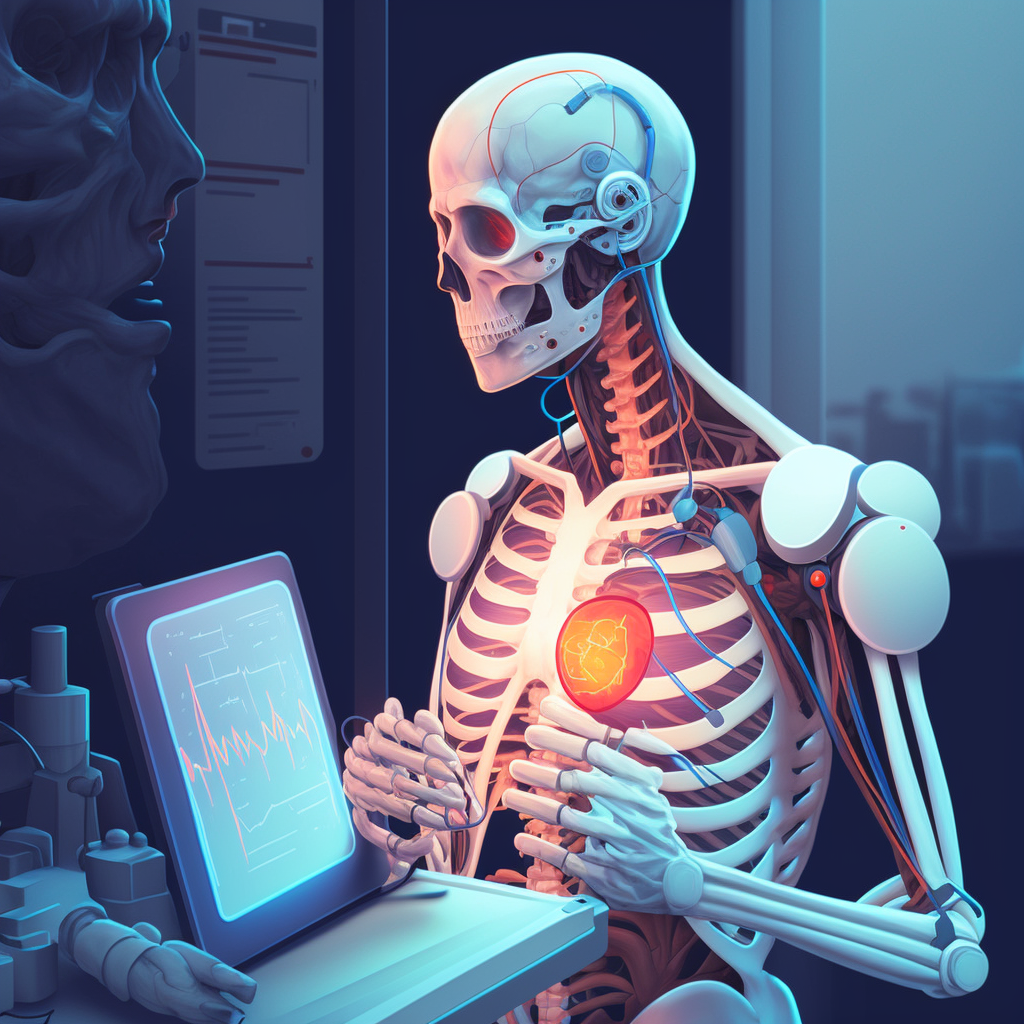
Healthcare is advancing rapidly, and Artificial Intelligence (AI) and Machine Learning (ML) are leading the way. Over the last 10 years, AI and ML have been utilized to detect illnesses, enhance patient care, and cut expenses. As these technologies progress, they will be more and more incorporated into everyday healthcare practices. This post will examine what AI and ML are, how they are used in healthcare, the advantages of these technologies in healthcare, and most significantly, how AI and ML will revolutionize healthcare in the year 2023.
Reference links used in this article
Introduction to AI and ML in Healthcare
The use of AI and ML in healthcare has become increasingly popular in recent years. AI and ML are two branches of artificial intelligence that are used to analyze and interpret large amounts of data. AI is used to automate tasks and make decisions, while ML is used to create algorithms that can learn from the data they are given. AI and ML have the potential to revolutionize the healthcare industry and make healthcare more efficient, cost-effective, and personalized.
What is AI and ML in Healthcare?
AI and ML are two distinct technologies with different applications in the healthcare industry. AI is used to automate processes and make decisions, while ML is used to create algorithms that can learn from data. AI and ML can be used for a variety of tasks in healthcare, including diagnosis and treatment, drug discovery and development, and patient monitoring. AI and ML can also be used to provide personalized care, improve accuracy and reduce costs.
In healthcare, AI and ML are used to analyze large amounts of data and make predictions about patient outcomes. AI can be used to identify patterns and trends in the data and make recommendations for treatment or diagnosis. ML can be used to create algorithms that can learn from the data and make decisions based on the data.
Benefits of AI and ML in Healthcare
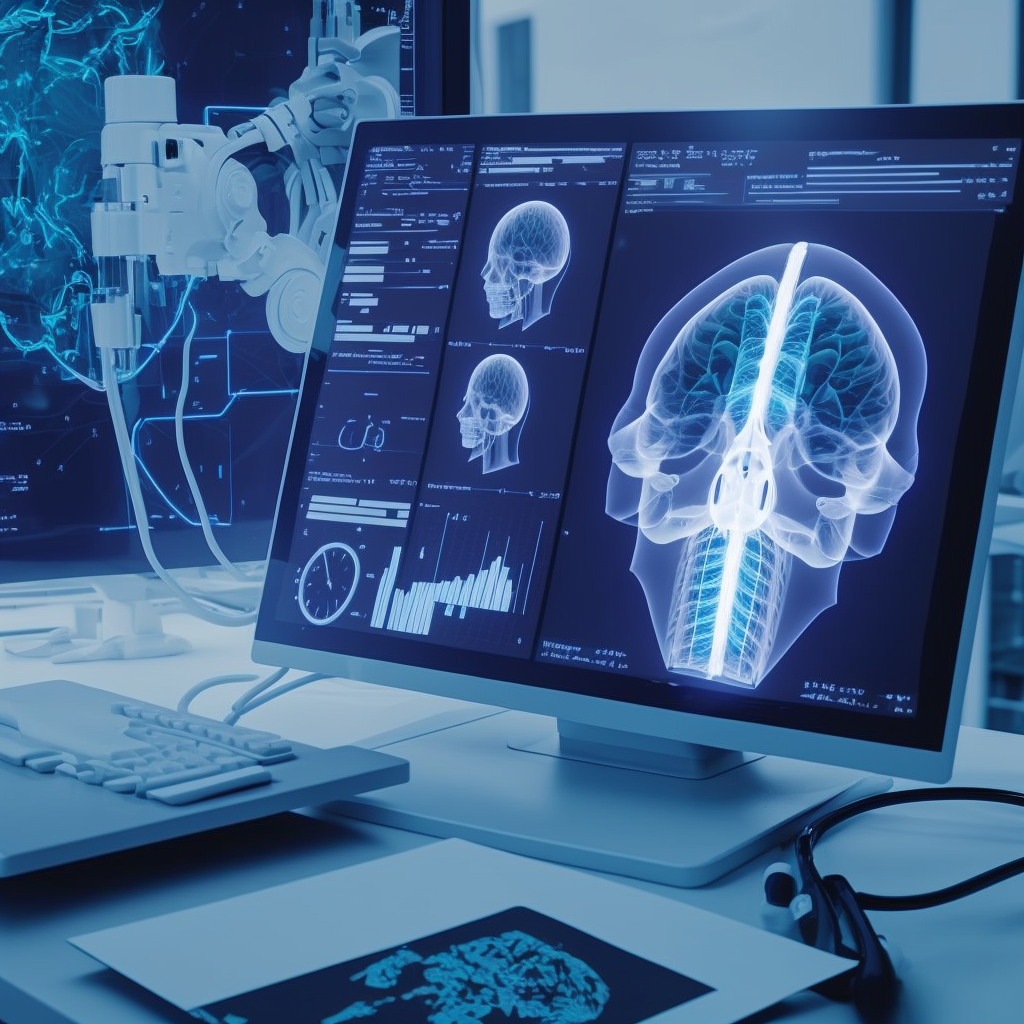
AI and ML have the potential to revolutionize healthcare by providing more accurate diagnosis and treatment, more personalized care, and reduced costs. AI and ML can be used to analyze large amounts of data and make predictions about patient outcomes. With AI and ML, healthcare providers can make more informed decisions about diagnosis and treatment and provide more personalized care to patients. AI and ML can also be used to reduce costs by reducing the need for manual labor and enabling healthcare providers to focus on more important tasks.
AI and ML can also be used to improve the accuracy of diagnosis and treatment, as well as reduce the risk of misdiagnosis. AI and ML can analyze large amounts of data and identify patterns and trends that can be used to make more accurate diagnoses and recommend better treatments.
How AI and ML are Used in Healthcare
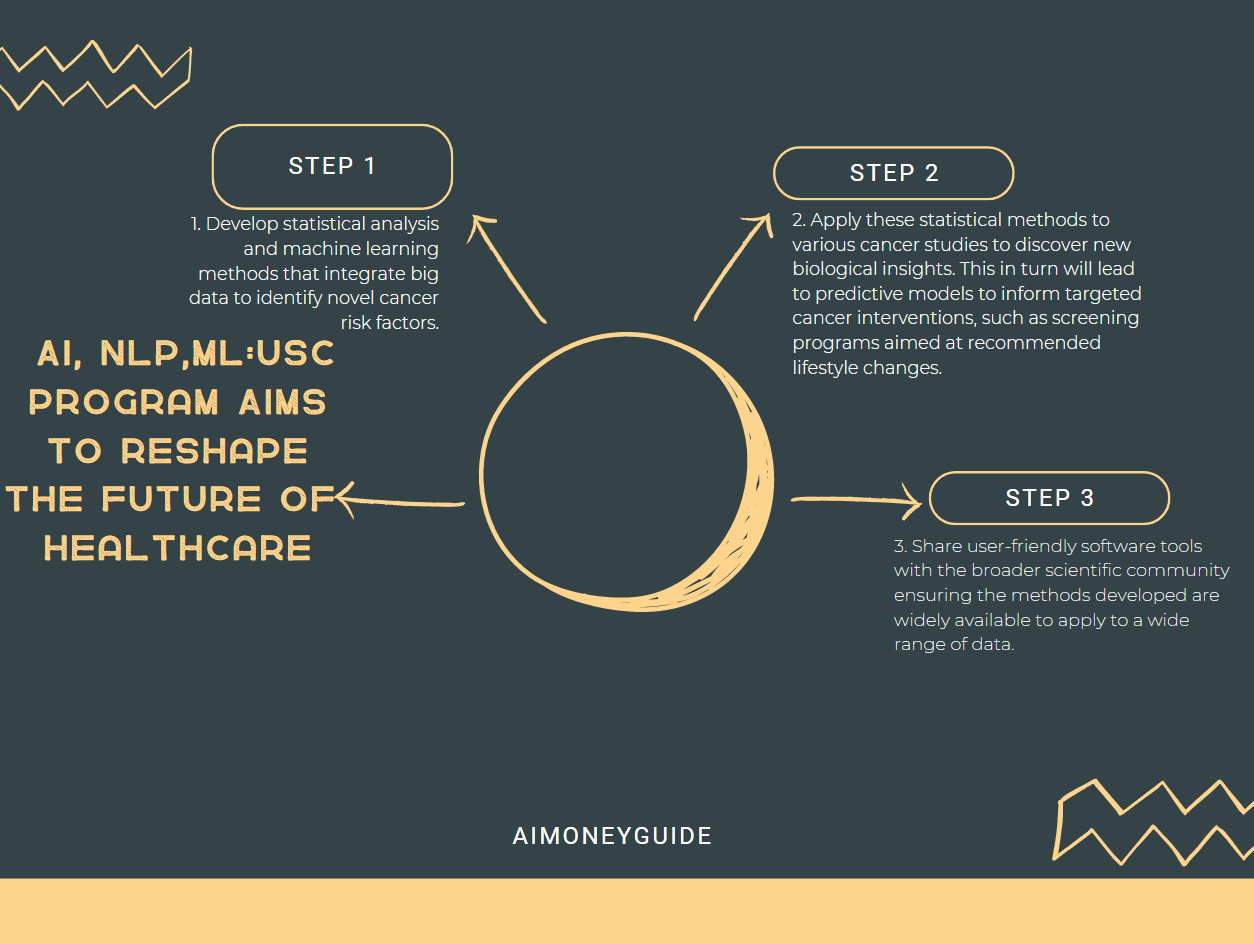
AI and ML are used in many different areas of healthcare, from diagnosis and treatment to drug discovery and development. AI and ML can be used to analyze large amounts of data and make predictions about patient outcomes. AI and ML can also be used to diagnose diseases, monitor patients, and provide personalized care.
AI and ML can be used to diagnose diseases by analyzing large amounts of data. AI and ML can identify patterns and trends in the data that can be used to make more accurate diagnoses. AI and ML can also be used to monitor patients and provide personalized care. AI and ML can analyze patient data and make recommendations for treatment or diagnosis.
AI and ML can also be used to develop new drugs and treatments. AI and ML can be used to identify potential targets for drug development and analyze data to identify potential side effects. AI and ML can also be used to develop new treatments for existing diseases.
“We saw a need to bring together a number of people to the same table to discuss this new exciting data being collected, and explore how we can integrate genetics, environmental factors and a variety of omics measures,” explains Gauderman. “There is real utility in thinking about how to integrate data from multiple sources to examine aspects that were not anticipated by any one study alone.” - James Gauderman, PhD, Chair of the Biostatistics Division at USC
AI and ML in Healthcare Companies
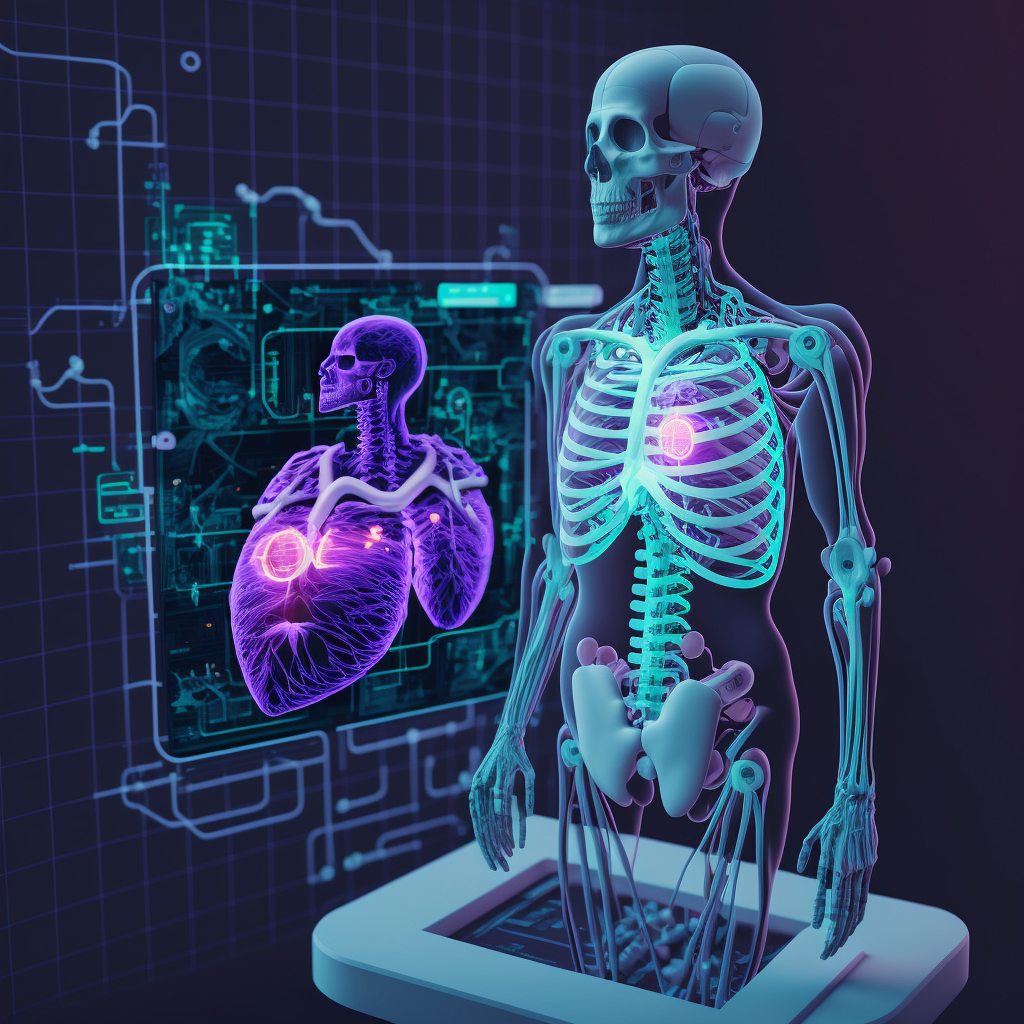
AI and ML are being used by healthcare companies to improve patient care, reduce costs, and develop new drugs and treatments. Healthcare companies are using AI and ML to analyze large amounts of data and make predictions about patient outcomes. AI and ML can be used to identify patterns and trends in the data that can be used to make more accurate diagnoses and recommend better treatments. Healthcare companies are also using AI and ML to develop new drugs and treatments for existing diseases.
Challenges of Implementing AI and ML in Healthcare
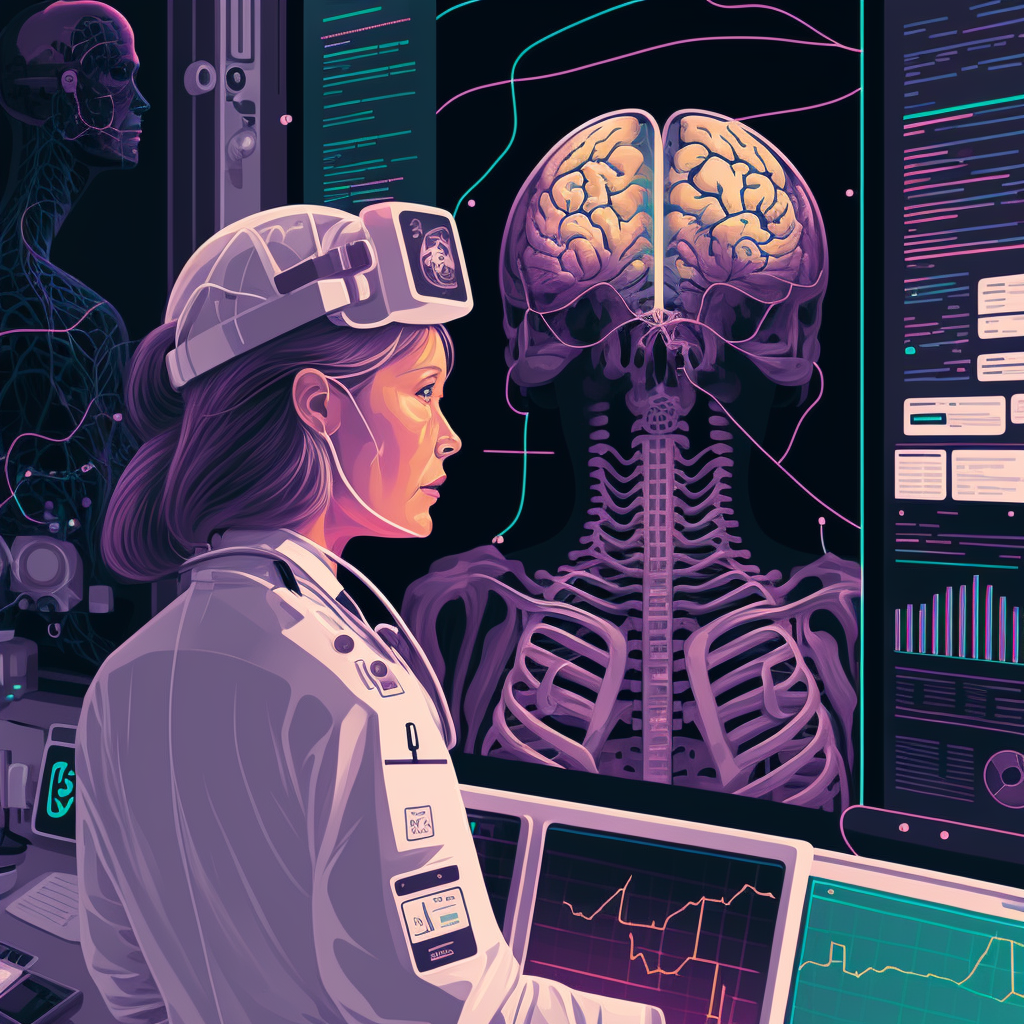
While AI and ML have the potential to revolutionize healthcare, there are also some challenges associated with the implementation of these technologies. One of the biggest challenges of implementing AI and ML in healthcare is the cost. AI and ML can be expensive to implement, and healthcare companies may not have the resources to invest in these technologies. Additionally, AI and ML require large amounts of data to be effective, and healthcare companies may not have access to this data.
Another challenge of implementing AI and ML in healthcare is the lack of understanding of these technologies. AI and ML can be complex, and healthcare providers may not have the knowledge or skills to effectively implement these technologies. Additionally, AI and ML can be subject to bias if they are not properly trained and monitored.
Future of AI and ML in Healthcare
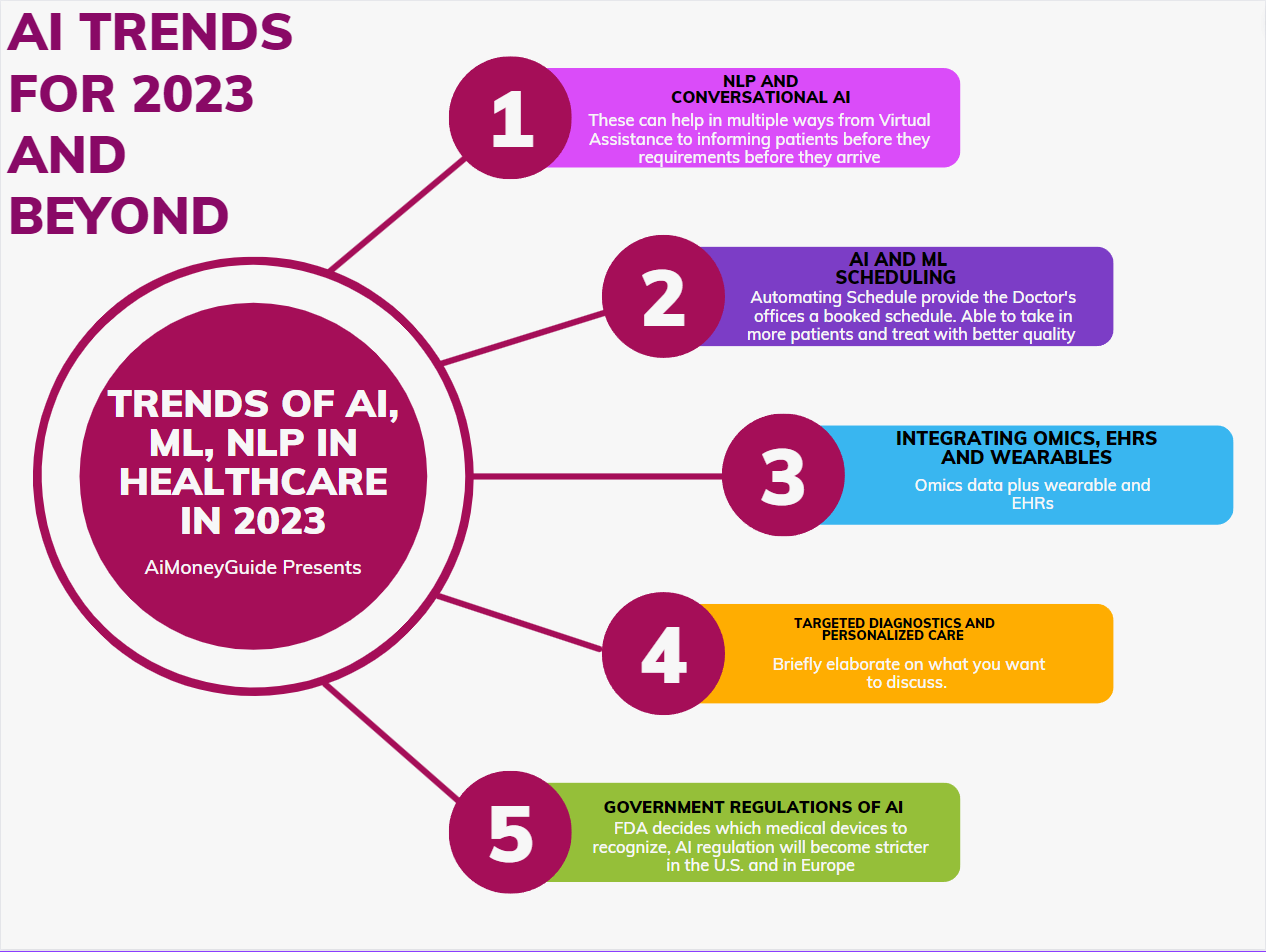
The future of AI and ML in healthcare is bright. As AI and ML technologies continue to advance, they will become increasingly integrated into everyday healthcare practices. AI and ML will be used to improve patient care, reduce costs, and develop new drugs and treatments. AI and ML will also be used to provide personalized care and reduce the risk of misdiagnosis.
In the future, AI and ML will be used to identify patterns and trends in large amounts of data that can be used to make more accurate diagnoses and recommend better treatments. AI and ML will also be used to develop new drugs and treatments for existing diseases. Additionally, AI and ML will be used to monitor patients and provide personalized care.
The Benefits of AI and ML in Healthcare in 2023
By 2023, AI and ML will be even more integrated into healthcare practices. AI and ML will be used to improve patient care, reduce costs, and develop new drugs and treatments. AI and ML will also provide more personalized care and reduce the risk of misdiagnosis.
AI and ML will also be used to analyze large amounts of data and make predictions about patient outcomes. AI and ML can identify patterns and trends in the data that can be used to make more accurate diagnoses and recommend better treatments. AI and ML can also be used to develop new drugs and treatments for existing diseases.

AI and ML in Healthcare: What to Expect
By 2023, AI and ML will be even more integrated into healthcare. AI and ML will be used to improve patient care, reduce costs, and develop new drugs and treatments. AI and ML will also provide more personalized care and reduce the risk of misdiagnosis. AI and ML can also be used to analyze large amounts of data and make predictions about patient outcomes.
AI and ML will be used to identify patterns and trends in the data that can be used to make more accurate diagnoses and recommend better treatments. AI and ML can also be used to develop new drugs and treatments for existing diseases. AI and ML will also be used to monitor patients and provide personalized care.
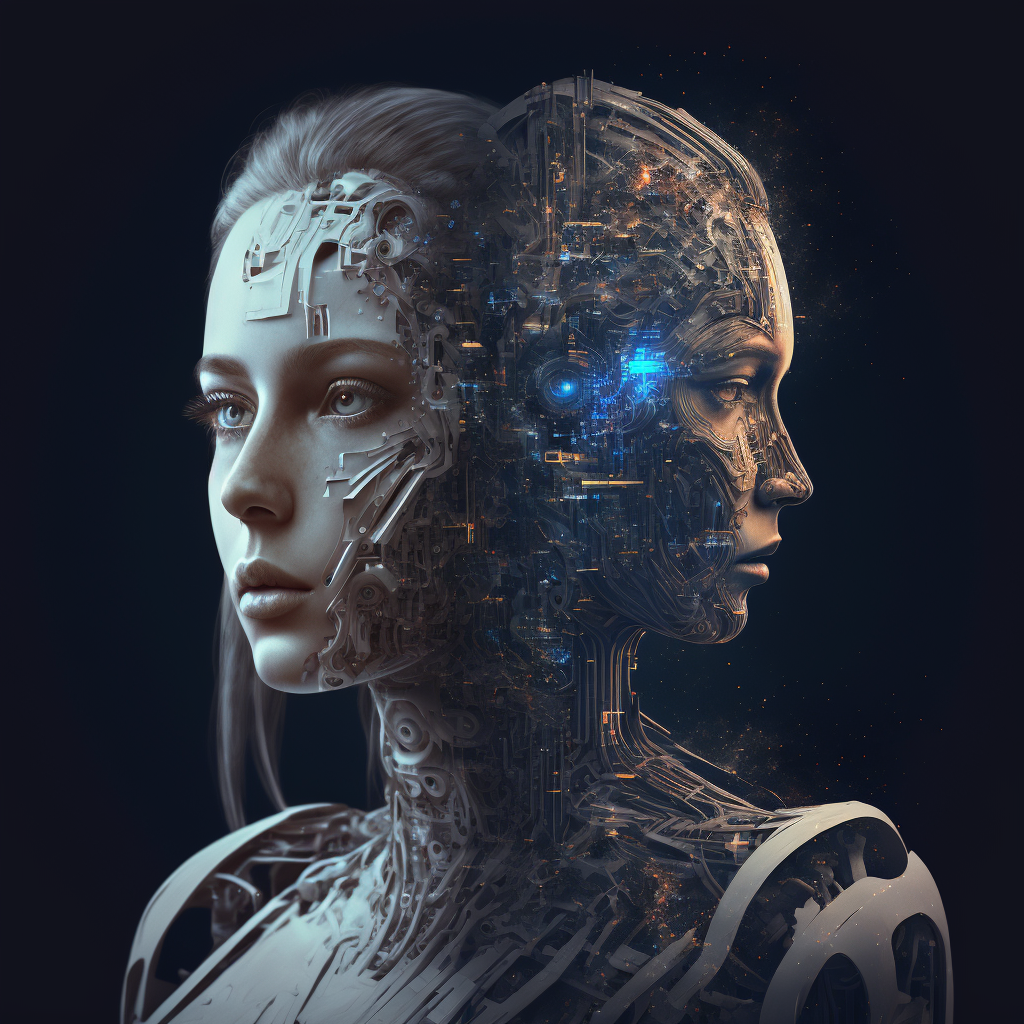
Conclusion
AI and ML will revolutionize healthcare in 2023. AI and ML can be used to improve patient care, reduce costs, and develop new drugs and treatments. AI and ML will also provide more personalized care and reduce the risk of misdiagnosis. AI and ML can also be used to analyze large amounts of data and make predictions about patient outcomes. AI and ML can be used to identify patterns and trends in the data that can be used to make more accurate diagnoses and recommend better treatments.
AI and ML will continue to be integrated into healthcare practices, and healthcare providers will be able to leverage these technologies to provide better care to their patients. AI and ML will revolutionize healthcare and improve patient outcomes in 2023 and beyond.
If you are interested in learning more about AI and ML in healthcare, our experts at AiMoneyGuide can help. Contact us today to learn more about how AI and ML can be used to improve patient care and reduce costs in your healthcare organization.

